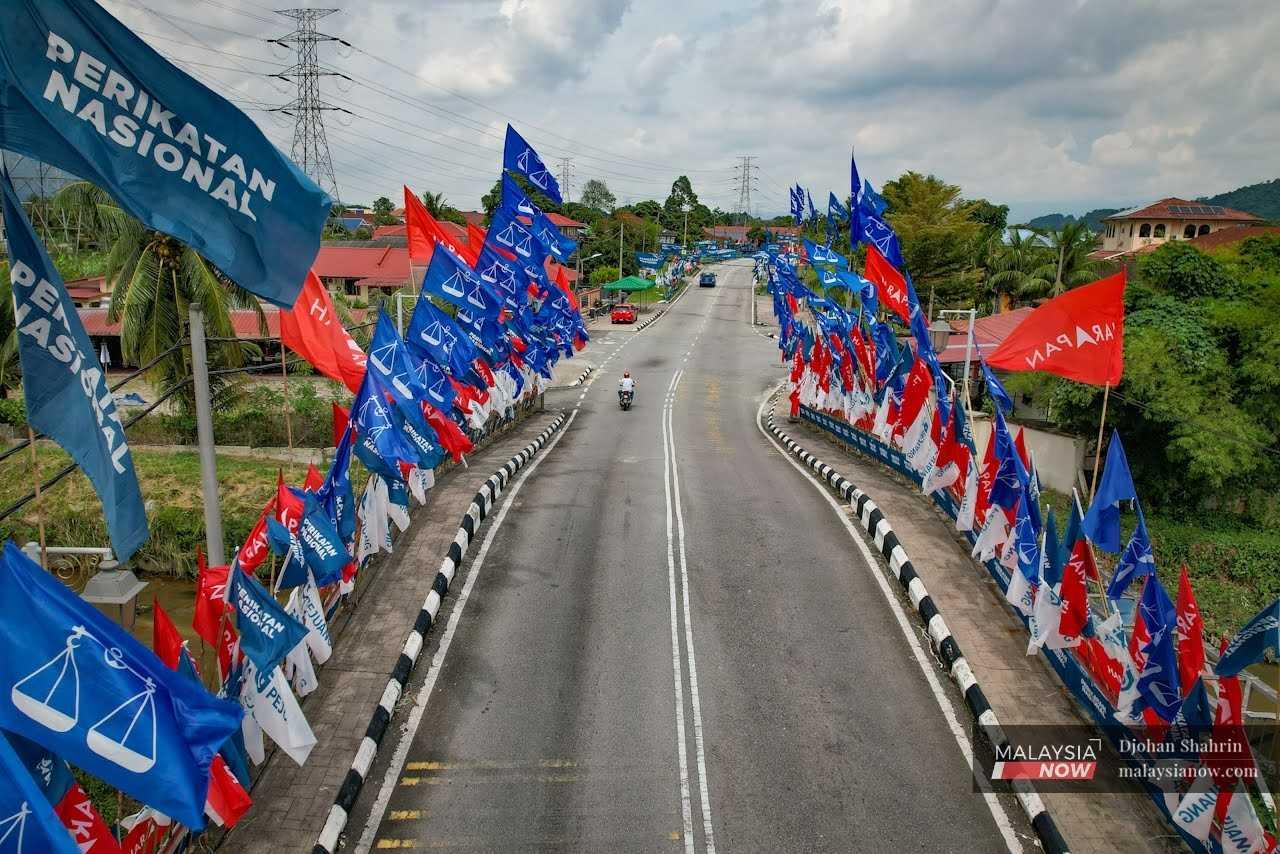Covid-19, money matters: why outstation Chinese aren’t returning to vote in Johor
Some also feel that their votes will not do much to bring about change in the state.
Just In
Lim Mei Yen lives in Shah Alam, Selangor although she hails from Johor, where her parents still live in Taman Bukit Perdana in Batu Pahat.
But she will not be going back to her home town to vote come March 12.
Having newly returned from a work assignment abroad, she is undergoing self-quarantine and fears that she might unwittingly carry the Covid-19 virus to her parents. And she herself is unwilling to risk contracting the disease if she turns out to vote.
“Me going back to vote will not change the price of eggs,” she said. “My mother in Johor eats eggs at RM16 a carton, in Glenmarie I do as well.
“What can we change?”
Caster Ng, a maintenance engineer at a private hospital in Sarawak, also comes from Johor, from the town of Tebrau. Like Lim, she will not be returning to vote at the upcoming state election.
For her, it is a matter of cost. She has worked in Kuching for seven years now where she lives with her husband and their three children. The entire family just returned to Tebrau for Chinese New Year last month.
If she goes home again, buying a flight ticket at such short notice could cost the family thousands of ringgit.
“I already returned to cast my vote at the 14th general election in 2018,” the 39-year-old said.
“It’s like I lined up to vote yesterday, and now I need to vote again? I’m sorry, this is very tiring.”
Lim and Ng are two among a number of Chinese voters originally from Johor who will not be going back to cast their ballots to elect a new state government.
Azizuddin Sani, a lecturer at Universiti Utara Malaysia, said the main factors deterring the Chinese from going back are the steep increase in the number of Covid-19 infections, fuelled by the Omicron variant, and the difficulty they would face returning for election day.
Still others feel that their votes will not bring about any change even if a new state administration is sworn in.
He said such voters have yet to experience an opposition including the Perikatan Nasional (PN) pact that is capable of bringing change and opening up economic opportunities for the Chinese.
“Up until now, there has been no clear agenda by any party to help the Chinese community,” Azizuddin told MalaysiaNow.
In general, however, he said non-Malay voters still appear to support Pakatan Harapan (PH) and its component party DAP although there has also been a change in attitude towards Barisan Nasional (BN) and MCA.
‘Practical’ Chinese
Azizuddin said the Chinese are very practical in the way they view political developments, taking note of the policies put forth instead of the sentiments played up by various parties.
“Because of this, they see stability in the government as something important as well,” he said.
“This might give BN the edge. This is also why there has been a slight change in attitude by the Chinese towards BN.”
The Chinese make up 37% of voters in Johor.
Political analyst Oh Ei Sun said non-Malay voters in the state would choose a party based on two main factors.
Firstly, he said, they would look for a party that does not involve supremacy but gives equal treatment to all.
Secondly, they would support a party capable of bringing socioeconomic revival following the years of economic uncertainty brought about by the closure of Malaysia’s border with Singapore due to the Covid-19 pandemic.
“Actually, this second factor is an issue of concern for many, from all ethnic backgrounds,” Oh, a senior fellow at the Singapore Institute of International Affairs, told MalaysiaNow.
The Johor election will see multi-cornered fights among various political coalitions and parties.
Apart from the more established entities such as BN, PH and PN, other parties such as Pejuang and Muda will be contesting an election for the first time.
Subscribe to our newsletter
To be updated with all the latest news and analyses daily.
Most Read
No articles found.



